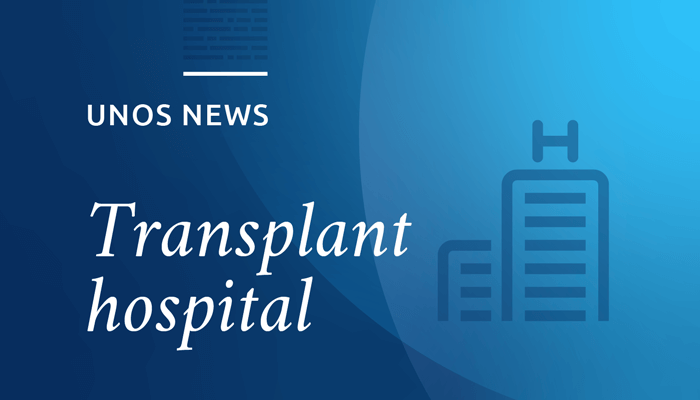UPDATE:
The Data Safety Management Board, or DSMB for this randomized trial met by teleconference on May 19, 2020. The trial compares the benefits of donor hypothermia and/or machine perfusion in regard to delayed graft function, or DFG, in transplanted kidneys. The trial’s interim analysis plan required repeated evaluation of DGF outcome results from the pump-eligible donors. Based on a review of the available data, congruent with the pre-specified study design, the DSMB now recommends:
- Termination of randomization into the pump-eligible arm.
There are no changes being made to the non-pump eligible arm of the trial. Donors in that group will continue to be randomized into hypothermia alone or normothermia alone.
If you have questions about the study, please contact one of the following investigators or the study project manager:
- Claus Niemann, MD, [email protected],415-502-2162
- Darren Malinoski, MD, FACS, [email protected],503-701-7628
- Study Project Manager: Alex Garza,[email protected], 804-782-4883
Feb. 11, 2020 update:
The Data Safety Management Board, or DSMB for this randomized trial met by teleconference on January 17, 2020. The trial compares the benefits of donor hypothermia and/or machine perfusion in regard to delayed graft function, or DFG, in transplanted kidneys.
The trial’s pre-specified interim analysis plan required an evaluation of DGF outcome results from the first 600 pump-eligible donors.
Based on a review of the available data, congruent with the pre-specified study design, the DSMB recommends:
- Termination of randomization into the hypothermia-only arm for pump-eligible donors.
- Continued enrollment of pump-eligible donors with 1:1 randomization to machine perfusion alone or machine perfusion combined with donor hypothermia.
The next planned interim analysis for this population will occur when DGF outcomes are available from 800 donors.
There are no changes being made to the non-pump eligible arm of the trial. Donors in that group will continue to be randomized into hypothermia alone or normothermia alone.
If you have questions about the study, please contact one of the following investigators or the study project manager:
- Claus Niemann, MD, [email protected], 415-502-2162
- Darren Malinoski, MD, FACS, [email protected], 503-701-7628
- Study Project Manager: Alex Garza, [email protected], 804-782-4883
Original announcement published May 12, 2017
Attn: Transplant Administrators
We would like to inform you about a forthcoming study in brain dead organ donors, “A Randomized Trial of Mild Hypothermia and Machine Perfusion in Deceased Organ Donors for Protection against Delayed Graft Function in Kidney Transplant Recipients.” The anticipated start date will be determined after a 10 business day public comment period.
Read summary of study. The University of California San Francisco (UCSF) is the institution of record for this this study. The study was reviewed by a full Institutional Review Board (IRB) committee, which determined that recipients of organs from deceased organ donors enrolled in this clinical trial do not need to be consented due to the minimal risk involved. In addition, it was determined that transplant centers receiving organs from enrolled donors will not be engaged in research related to this study. Read IRB outcome letter.
The study was approved by the UNOS Region 5 Research Committee in October 2016, as well as the oversight bodies of all participating OPOs. In those cases where kidneys are shared outside of the DSA of participating OPOs, we would like to share this information for national awareness.
In order to keep the transplant community informed and allow transplant centers to use the information in making organ acceptance decisions, all organ offers from donors enrolled in the study will include a message in the “Donor Highlights” section of DonorNet® and a copy of the study summary and UCSF IRB letter will be attached to the record. Organ allocation/transplantation will occur based on standard practice, there will not be any interaction between the study team and the transplant recipients, and no additional data from organ recipients will be collected.
A two week public comment period will end on May 26, 2017. If you have questions about the study, please contact one of the following investigators or the study project manager:
- Claus Niemann, MD, [email protected], 415-502-2162
- Darren Malinoski, MD, FACS, [email protected], 503-701-7628
- Study Project Manager: Alex Garza, alex.garza, 804-782-4883

